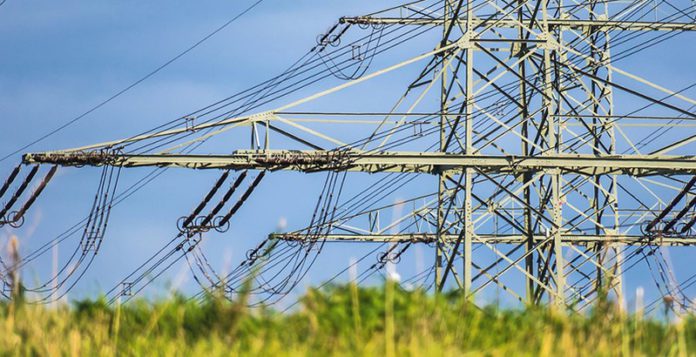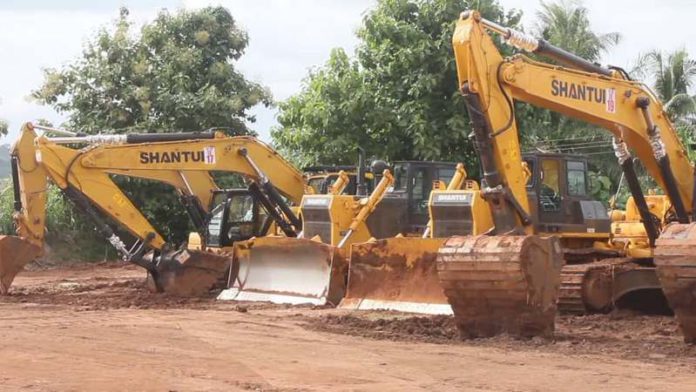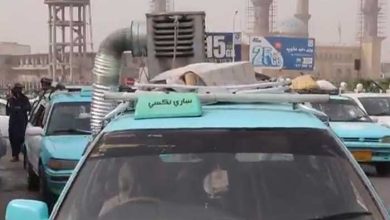Ghana’s energy sector recovery programme gets US$260m boost

Ghana has received a total of US$260 million from the World Bank to improve the financial viability of electricity distribution and increase access to clean cooking solutions in the country.
This follows the approval of a US$250m credit from the Bank’s International Development Association (IDA) and an additional US$10 million grant from the Energy Sector Management Assistance Programme.
The Energy Sector Management Assistance Programme provides knowledge, technical assistance, and advisory services to help countries enhance their institutional capacity and implement sustainable energy solutions.
The four-year financial support to the Ghana Energy Sector Recovery Programme (ESRP) under the Programme for Results (PforR), would see direct injection of money into energy sector utilities to implement capital expenditure programmes.
It would complement regulatory and policy reforms of the energy sector supported under the World Bank’s Development Policy Financing series, in line with the ongoing International Monetary Fund (IMF) programme.
A statement by the Finance Ministry and copied to the Ghana News Agency on Monday, June 17, indicated that the PforR would provide direct incentives to subsidise the cost of stoves and accessories to Ghanaians.
The clean cooking component of the programme would increase the access of Liquified Petroleum Gas (LPG) to Ghanaian households, schools, and businesses for both domestic and commercial, the statement said.
Under the ESRP, consumers are to benefit from market development, affordable and equitable energy access, health and environmental protection against air pollution and associated health risks, the statement noted.
Robert Taliercio, World Bank Country Director for Ghana, Liberia, and Sierra Leone, said “through this important results-based financing, the World Bank is committed to supporting the recovery of Ghana’s energy sector and its financial sustainability.”
“The operation aims to strengthen revenue collection and improve the quality of energy supply through investments in prepaid metering and in the commercial and meter management systems of distribution utilities,” he added.




